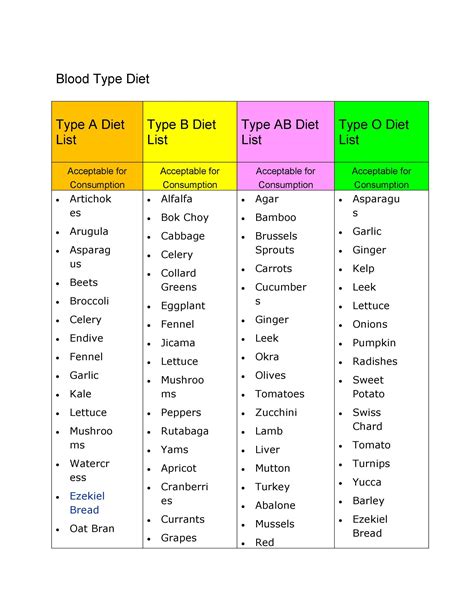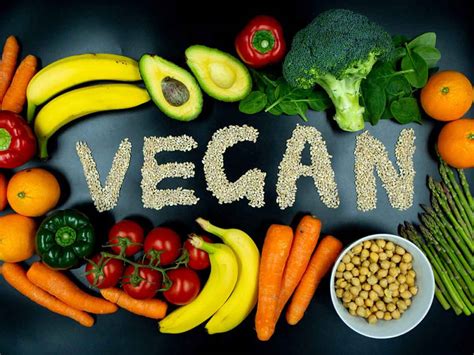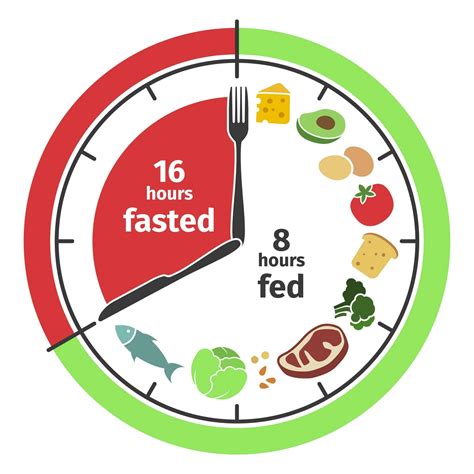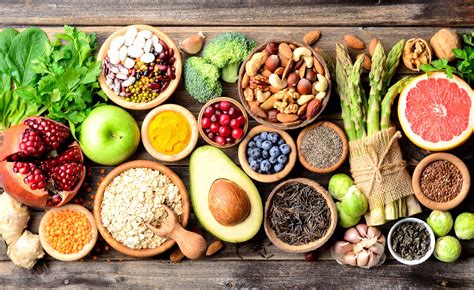Explore the benefits, risks, and tips for following a low-protein diet. Understand the effects and potential risks before making dietary changes.
Understanding Low-Protein Diets
Contents
Low-protein diets are diets that restrict the intake of protein, which is an essential macronutrient. These diets are often prescribed for individuals with certain medical conditions such as kidney disease, liver disease, or metabolic disorders. The main goal of a low-protein diet is to reduce the workload on the kidneys by limiting the amount of protein waste products that need to be filtered out of the blood. This can help slow down the progression of kidney disease and improve the overall health of the patient.
While protein is essential for the body to function properly, excessive protein intake can put strain on the kidneys and exacerbate certain health conditions. In addition to the medical benefits, low-protein diets are also used in weight management and to reduce the risk of certain chronic diseases such as heart disease and cancer.
It is important to note that low-protein diets should be carefully monitored by a healthcare professional to ensure that the individual is still receiving enough essential nutrients and is not at risk of malnutrition. Certain vitamin and mineral supplements may be necessary to compensate for the reduced protein intake.
Overall, understanding the reasons behind low-protein diets and following a well-planned nutritional approach can help individuals manage their health conditions and improve their quality of life.
Effects of Low-Protein Diet
Following a low-protein diet can have various effects on the body, both positive and negative. One of the most notable effects is a decrease in muscle mass, as protein is essential for muscle repair and growth. This can lead to weakness and fatigue, making it important for individuals on a low-protein diet to find alternative sources of energy.
On the positive side, a low-protein diet has been linked to a reduced risk of kidney disease and improved kidney function for those with existing kidney issues. This is due to the fact that protein metabolism can put strain on the kidneys, so reducing protein intake can alleviate this burden.
Additionally, a low-protein diet may have positive effects on cholesterol levels, as high-protein diets have been linked to increased levels of bad cholesterol. By reducing protein intake, individuals may be able to lower their risk of heart disease and other cardiovascular issues.
However, it’s important to note that a low-protein diet can also lead to deficiencies in essential amino acids, which are crucial for various bodily functions. Without these amino acids, individuals may experience issues with their immune system, hormone regulation, and overall health. It’s essential for those following a low-protein diet to carefully plan their meals and consider supplementation to ensure they are meeting their nutritional needs.
Benefits of Low-Protein Diet
Benefits of Low-Protein Diet
Benefits of Low-Protein Diet
A low-protein diet can offer several benefits for individuals with certain health conditions. One of the main benefits is that it can help to reduce the workload on the kidneys, which may be beneficial for people with kidney disease or kidney-related complications. By consuming less protein, the kidneys are able to function more efficiently and can help to slow down the progression of kidney disease. Additionally, a low-protein diet can also be beneficial for individuals with certain metabolic disorders, as it can help to manage the levels of amino acids in the body.
Another potential benefit of a low-protein diet is its impact on overall health. Some studies have suggested that reducing protein intake may lead to a lower risk of developing certain health conditions, such as heart disease and cancer. By focusing on consuming more plant-based proteins and fewer animal-based proteins, individuals may also experience improvements in cholesterol levels and blood pressure, leading to a reduced risk of cardiovascular disease.
Furthermore, a low-protein diet can also be beneficial for individuals looking to manage their weight. With the emphasis on consumption of more fruits, vegetables, and whole grains, a low-protein diet can help to promote satiety and reduce overall calorie intake. This can be particularly advantageous for those seeking to lose weight or manage their weight effectively.
In addition to the health benefits, a low-protein diet can also be more environmentally sustainable. By focusing on plant-based protein sources, individuals can contribute to reducing the environmental impact associated with animal agriculture. This can include lower greenhouse gas emissions, reduced water usage, and less pollution, making it a more sustainable dietary choice.
Potential Risks of Low-Protein Diet
A low-protein diet may lead to several risks and potential health issues if not followed carefully. One of the main risks of a low-protein diet is the risk of malnutrition, especially if one does not consume enough essential amino acids and nutrients that are typically found in protein-rich foods. Without these nutrients, the body may struggle to function properly, leading to weakness, fatigue, and other health complications.
Another potential risk of a low-protein diet is the loss of muscle mass. Since protein is essential for muscle repair and growth, a diet low in protein may lead to a decrease in muscle mass and strength. This can be particularly concerning for individuals who are physically active or looking to maintain their muscle mass as they age. Not consuming enough protein may also lead to an increased risk of infections, as protein plays a crucial role in supporting the immune system.
Additionally, a low-protein diet may have negative implications for bone health. Protein is necessary for the maintenance of healthy bones, and inadequate protein intake may lead to a higher risk of bone fractures and osteoporosis. It is important to note that a low-protein diet can also impact overall mental and emotional well-being. Protein is essential for the production of neurotransmitters that regulate mood and cognitive function, so insufficient protein intake may lead to mood swings, anxiety, and difficulty concentrating.
Furthermore, those on a low-protein diet may experience restrictive eating patterns, which can be detrimental to overall nutritional intake. This may lead to deficiencies in certain vitamins and minerals, ultimately impacting one’s overall health. It is crucial for individuals following a low-protein diet to work closely with a healthcare professional or registered dietitian to ensure that they are meeting their nutritional needs and mitigating potential risks associated with this dietary approach.
Tips for Following Low-Protein Diet
Tips for Following Low-Protein Diet
Following a low-protein diet can be a challenge, but with the right tips, it can be manageable and beneficial for those with certain health conditions. Here are some tips to help you navigate through a low-protein diet.
Firstly, it’s important to consult with a registered dietitian who can provide personalized guidance on your specific dietary needs. They can help you determine how much protein you should be consuming and recommend suitable alternatives to high-protein foods.
Next, focus on incorporating a variety of low-protein foods into your meals, including fruits, vegetables, grains, and healthy fats. This can help ensure that you are still getting essential nutrients while adhering to a low-protein diet.
It’s also crucial to pay attention to food labels and be mindful of hidden sources of protein, such as in processed and packaged foods. Reading labels and being aware of ingredient lists can help you avoid consuming more protein than intended.
Additionally, consider exploring vegetarian or vegan options as alternatives to animal-based proteins. Plant-based proteins, such as beans, lentils, and tofu, can be excellent substitutes for those following a low-protein diet.
Finally, don’t hesitate to seek support from online communities or support groups for individuals following a low-protein diet. Connecting with others who are dealing with similar dietary restrictions can provide valuable tips, recipes, and emotional support.












